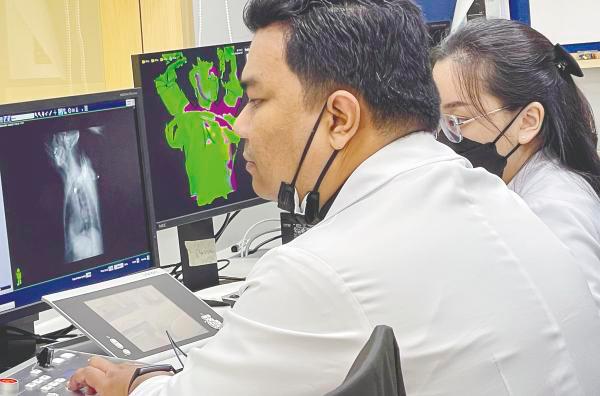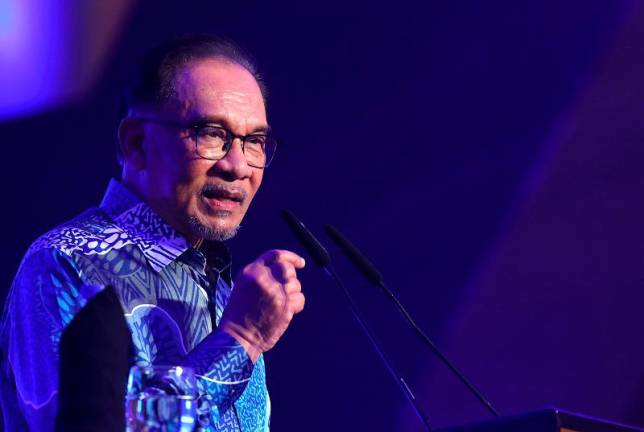PETALING JAYA: Individuals can still be diagnosed with cancer despite being young and not having significant lifestyle risk factors, warned oncologist Dr Aqilah Othman.
“This is why it is critical to research reasons behind cancer in younger people so we can develop better prevention and early detection methods.”
She said the detection of cancer in its late stages significantly increases the mortality rate associated with it and the delay in seeking medical attention is a major issue.
Aqilah said the delay is due to lack of awareness or individuals choosing to remain silent about their health concerns because of societal biases, fear of being judged or fear of seeking medical attention.
“While the healthcare system in the country offers various screening programmes and measures for early detection, the challenge lies in creating awareness.
“People do not realise cancer develops silently without noticeable symptoms in its early stages and they may overlook the need for screening, especially if they feel healthy.”
A report in 2023 by the Statistics Department revealed cancer is the fourth leading cause of death in the country, with an increase of 12.6% of cases in 2022 compared with 10.5% in 2021.
Health Minister Datuk Seri Dr Dzulkefly Ahmad said according to the Health Facts Report 2023, cancer has been identified as a prominent cause of death in the country.
“It revealed that 26.44% of total deaths (were recorded) in private hospitals, while government hospitals recorded 9.29%.
“Approximately 48,639 new cancer cases and 29,530 cancer-related deaths were reported in 2020. Experts forecast cancer cases will double to 100,000 by 2040.”
Aqilah said awareness alone is insufficient, adding that action is equally essential to educate the public about the importance of early detection and timely treatment.
“There is also a misconception that only those experiencing symptoms need to undergo medical checkups or screenings.
“We need to change this mindset. The public must understand the significance of preventive healthcare, such as regular screenings, irrespective of whether they experience symptoms or not.”
Aqilah said the top five cases in Malaysia are breast, colon, lung, gastric, and head and neck cancers.
She said the symptoms can vary depending on the type and stage of the disease. Lifestyle factors such as smoking and alcohol consumption can contribute to the onset of some cancers.
“Risk factors such as obesity and poor dietary habits are known to contribute to the development of breast cancer. However, we are concerned over the rising number of younger people diagnosed with various types of cancer.”
She also said late-stage detection of cancer significantly affects treatment outcomes, adding that early detection makes it less complicated.
“Late-stage cancer often requires patients to undergo more aggressive and multifaceted treatment approaches, such as a combination of radiotherapy, chemotherapy and surgeries to achieve comparable outcomes to early-stage treatment.
“Some patients may also require long-term therapy to prevent a relapse. This will result in increased healthcare costs and potential side effects.”
Aqilah said efforts to promote early detection through screening programmes and awareness campaigns are paramount to improving cancer prognosis.
She added that in many cases, factors that contribute to cancer risk, such as genetics, are beyond medical control, but proactive steps can be taken to mitigate other risk factors.
She emphasised maintaining a healthy diet to prevent obesity, staying active and controlling lifestyle choices can reduce the risk of contracting the disease.
“I want to stress the importance of undergoing screening.
“This is the key to catching cancer early or preventing it altogether.”











